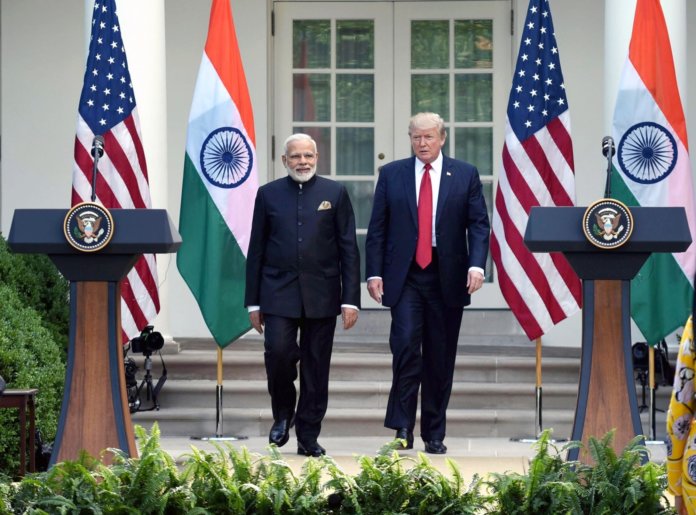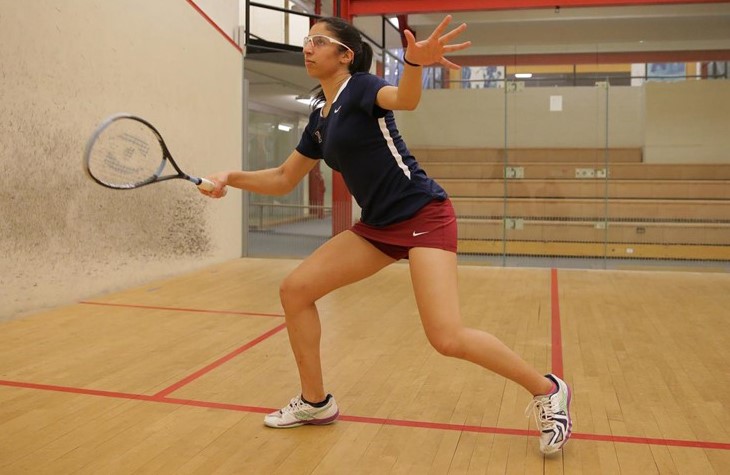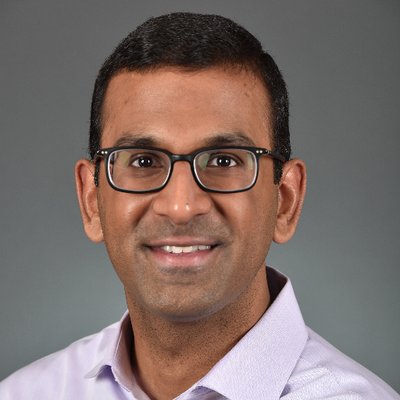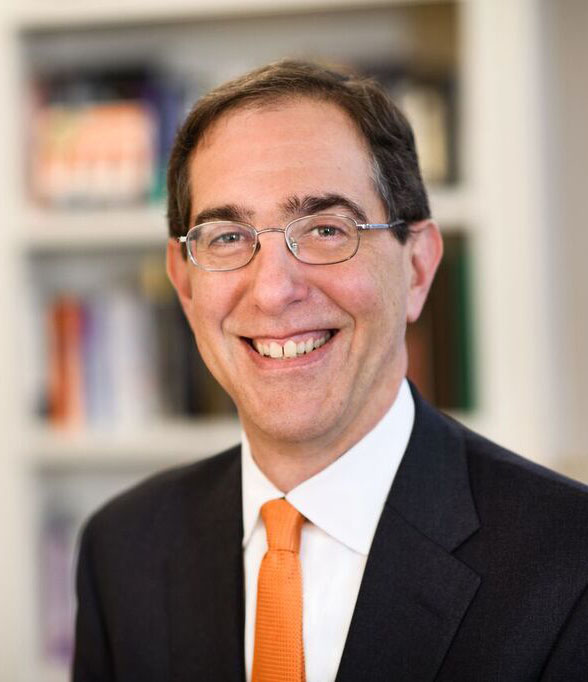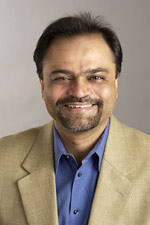NEW YORK – The Indian American president of the blood testing start-up company Theranos, Ramesh “Sunny” Balwani and its founder Elizabeth Holmes were charged on Wednesday, March 14, with what the Securities and Exchange Commission say is a “massive fraud,” according to a CNBC report.
The SEC said that Theranos deceived its investors of more than $700 million by “hosting misleading technology demonstrations, and overstating the extent of Theranos’ relationships with commercial partners and making it appear as if Theranos had successfully developed a commercially-ready portable blood analyzer that could perform a full range of laboratory tests from a small sample of blood” between late 2013 and 2015.
The SEC also mentioned that there were times in which Theranos’ technology could only perform about 12 tests of the over 200 advertised.
Balwani and Holmes also lied about the extent of Theranos’ involvement with the military and said that the company’s products were deployed by the U.S. Department of Defense in Afghanistan and that the company had generated more than $100 million in 2014, when in fact that never happened, according to a PTI report.
While the SEC is seeking an order that will require Balwani to pay a fine and prohibit him from acting as an officer or director of a public company, Holmes will have to pay a fine of $500,000 and will be barred from serving as a director or officer of a public company for 10 years, according to CNBC.
Holmes will also be required to not profit from her ownership until the money is returned to the victims of the fraud.
Holmes, 34, was once seen as a prominent figure in Silicon Valley who promised to “disrupt the health technology industry with her company’s path-breaking technology for blood-testing” but had to seek help from her then-boyfriend Balwani, 52, in 2009 when the company was on the verge of bankruptcy.
Balwani ended up joining the company in September of that year and served as its president and Chief Operating Officer until May 2016, where he and Holmes were the only executives who worked closely with each other to make decisions about the Theranos together.
According to CrunchBase, prior to his current position Balwani worked at Microsoft and later started his own company in the business-to-business ecommerce space but then sold it to CommerceOne.
Balwani dropped out of the Computer Science program at Stanford University and received his MBA at the University of California at Berkeley as well as his undergraduate degree from the University of Texas at Austin.
According to a TechCrunch report, Balwani’s attorneys have sent out a statement defending his role in the Theranos fraud saying that he “took on significant financial risk” and “never benefited financially from his work at the company” despite investing “millions of dollars of his own cash in the company” and called the SEC’s enforcement action “unwarranted.”
But the SEC has disagreed.
“The charges against Theranos, Holmes and Balwani make clear that there is no exemption from the anti-fraud provisions of the federal securities laws simply because a company is non-public, development-stage, or the subject of exuberant media attention,” Steven Peikin, the Co-Director of the SEC’s Enforcement Division, told PTI.
Jina Choi, the Director of the SEC’s San Francisco Regional Office, told PTI that “the Theranos story was an ‘important lesson’ for Silicon Valley where innovators who seek to ‘revolutionize and disrupt’ an industry and that they must tell investors the truth about what their technology can do today, not just what they hope it might do someday.”
TechCrunch has reported that the SEC will make their claims against Balwani in federal district court in the Northern District of California.
As for now, CNBC has reported that the company has not said anything about any further investigation.







